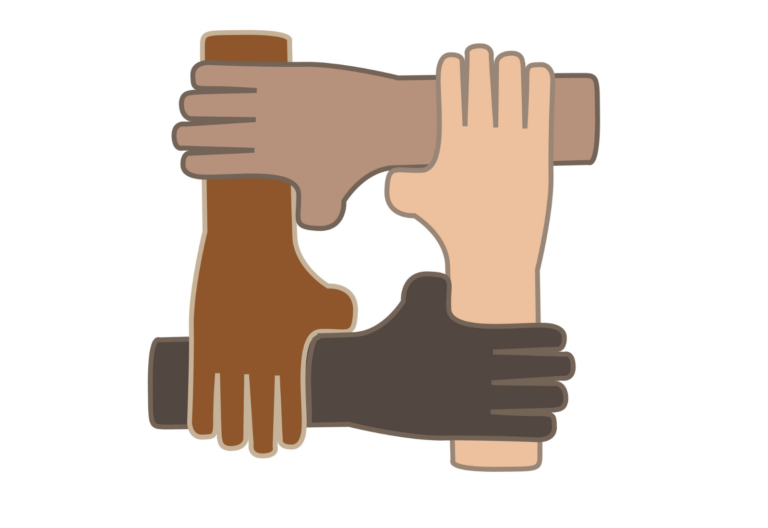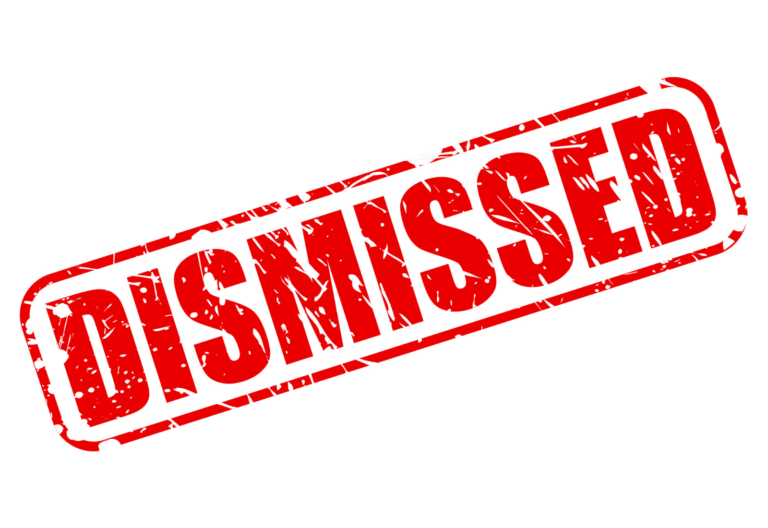
Breaking News – Facebook v. Duguid: Is this the End of TCPA Litigation?
The Facebook v. Duguid Supreme Court decision is here: “To qualify as an ‘automatic telephone dialing system’ under the TCPA, a device must have the capacity either to store a telephone number using a random or sequential number generator, or to produce a telephone number using a random or sequential number generator.” Let’s back up.



















